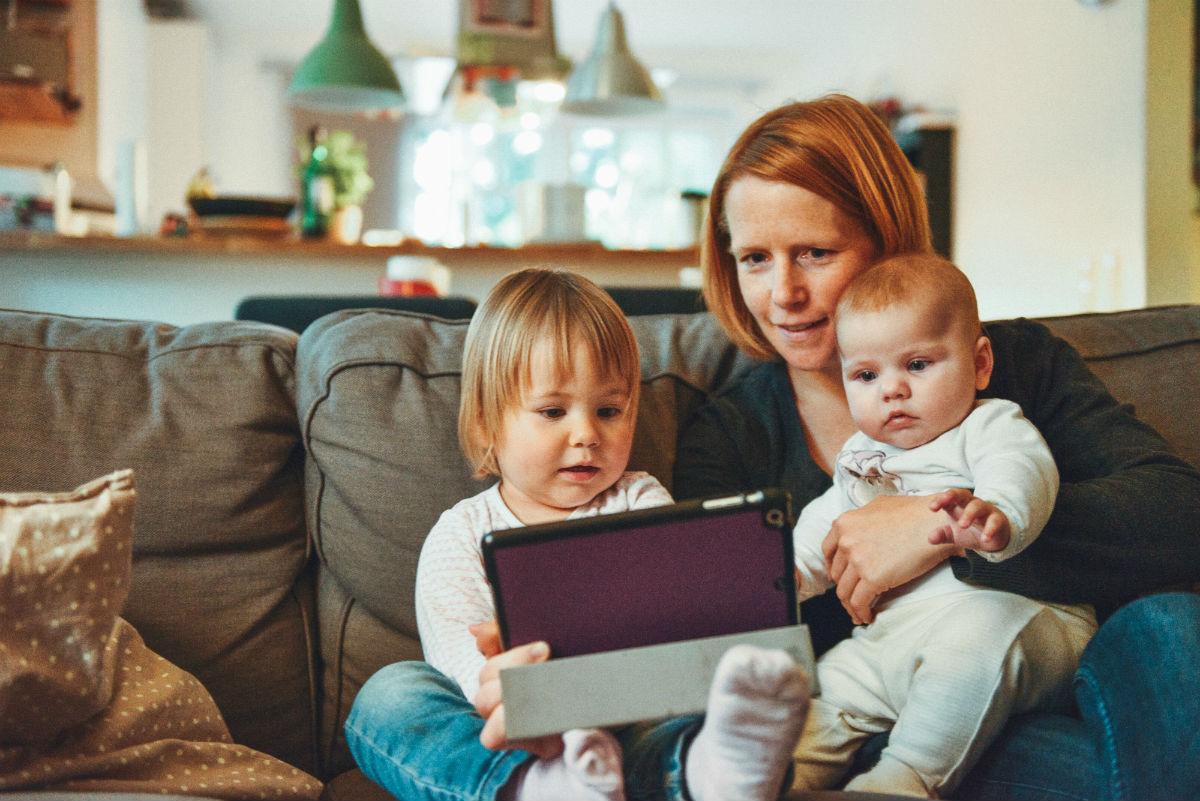So how do we learn the basics as a parent? We learn from our own parents, from how you were parented and from your childhood experiences. That is not to say, you will not do things differently from your parents, but that this will be your basic framework. For some, it will be the only framework. For others a starting point.
This generational baton-passing was effective for decades. The parenting techniques and approaches that had been used for all those decades began to experience changes during the midpoints of the last century. What worked then simply doesn’t work now. An example of this can be seen in the adage, “spare the rod, spoil the child”. Physical punishment was the standard and accepted by parents and society at large. Spanking was the standard disciplinary method used by all parents. Even adults of my generation, as children, experienced this type of disciplinary approach. Historically speaking that wasn’t too long ago ( although my youngest daughter as a small child asked if there were dinosaurs when I was a little girl ). Instruments of that physical punishment could have been a switch, a paddle, a belt, etc. Today all of those items, if they were to be used, would be considered physical abuse under the law and legal statutes within most states. So, within the course of fewer than 50 years what was considered common practice is now considered against the law. Therefore, the rules have changed. This does not mean children do not need to have discipline but what had been used in the past and was acceptable cannot be used today and is no longer acceptable. Matter-of-fact for most children today if they are spanked this simply makes him angry rather than modifying or mitigating any behavioral changes. If the parents of today want to affect short-term and long-term behavioral changes in their children it is imperative that new techniques are used.




